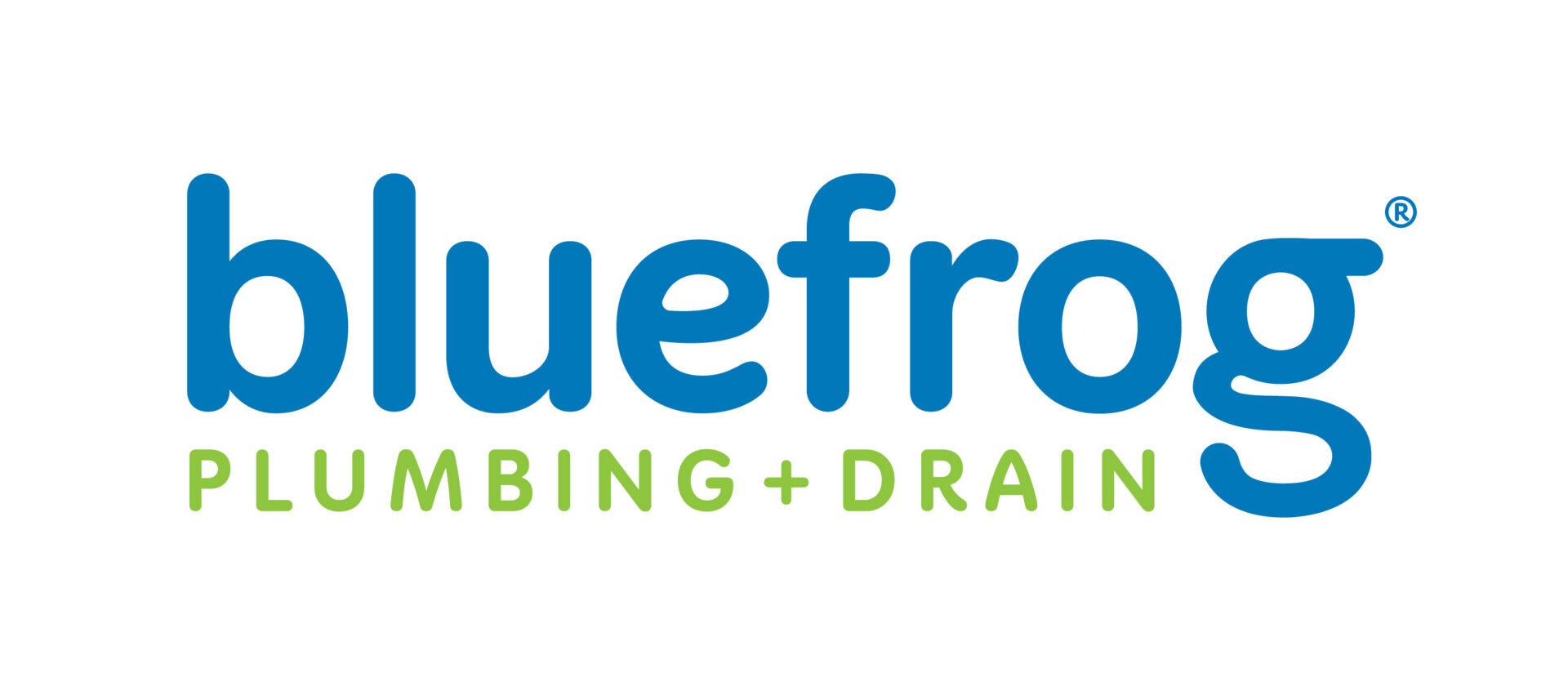Photo By 97 at istock
Choosing a new washing machine is complicated. The list of questions sure can seem extensive: Are front loaders better? How much capacity will I need? What about installation? Given the range of models, there are many things to consider, even for plumbers!
The good news: washing machines last a long time. Make the right informed decisions now and you’re set for years. As plumbers, we’ve seen it all. So, whether it’s top-loaders or quick-spins, read on for some handy hints when buying a washing machine.
Key Points –
- Front-load, high-efficiency models use less energy.
- Top-opening machines have shorter wash cycles.
- Purchase savings don’t always last down the line.
- If in doubt regarding installation, call a plumber.
The Space Consideration
Your decision starting point is the free space available to you. The dimensions here will determine the size and type of your washing machine. Some homes have the advantage of a designated laundry area. In others, a side closet or small nook will have to suffice.
The first measurement to note is how wide the space is. Washing machines come in two widths, 27 inches or the compact 24-inch size.
Don’t forget to account for clearance on all sides when you’re measuring. You’ll want 1 to 3 inches of spare space at the sides, and 4 to 6 inches at the back.
As well as size, consider functionality. For example, a utility closet near your bedroom may call for a quiet mode. If it’s in a dark basement, one with a lighted console or loud signals could be more suitable.
Limited Room
When space is limited, a stacked combo washer-dryer may be best. These are single units that can fit under a kitchen countertop. Some don’t require an air vent either, making them easier to install into an apartment.
Installation Mistakes
Remember, installation mistakes can cause serious damage. Washing machines produce an incredible amount of water when they leak. If you’re unsure, be sure to check with a plumber. This is particularly pertinent if this is a new install.
Type of Washer
Washing machines come in two different varieties, top loading and front loading. Here’s the rundown on each from a plumber point of view.
Top-loading Washers
First off, the big one. Top loaders are cheaper to buy than front openers. They’re known for their shorter washing cycles (between 35-65 minutes) which is half the length of a front loader.
However, they can work out more expensive in the long run. They use more energy and water and don’t spin excess moisture out as well, so clothes require more drying.
In terms of wash quality, traditional top loaders use a spinning pole in the middle of the tub. This pushes, swishes, and rolls the clothes around. This method has stood the test of time but compared to front opening units, it’s rougher on garments. Newer models, however, use a raised area in the center. This is gentler and allows extra room for loads, too.
Front-loading Washers
Front-loading machines use less energy than top loaders. The spin cycle is more efficient, too, removing more water and thus shortening your dryer times. The downside though is longer wash cycles of between 75 to 120 minutes.
Is the floor stable and level? It should be if you’ve got your eye on this type, as front-loading machines can vibrate and move a lot when in use. We’ve seen this as plumbers when long term it eventually damages the machine. In addition, repeated bending down when putting clothes into a front-opening machine can be an issue.
Mold can be a concern with these washers and something we see sometimes as plumbers. You’ll need to regularly wipe the drum out, although many have a sanitize cycle that reduces the chances of mold.
Load Size and Frequency
How often and how much washing will you be doing? This is important when you look at washer capacity. It’s the volume of the interior drum measured in cubic feet.
On average, a washer with:
- 3-to 4-cubic-foot units can wash 12 to 16 pounds of laundry
- 5-cubic-foot machines can hold up to 20 pounds
If you live alone, you may find that a compact washer with a smaller capacity is adequate.
On the other hand, homeowners with plush bedding or larger sheets will find the bigger drum more suitable. This also goes for families with small children with large items like sleeping bags and comforters.
Stubborn Stains and Delicates
Do you regularly wash very stained clothes such as workwear or sports gear? A machine with extra-long wash and pre-soaking cycles will get them back to immaculate.
If you have less stained items, a unit with a quick-wash function may be best. If you wear a lot of delicate fabrics, then a handwash cycle can be very useful.
Optional Extras
If you know your space requirements and worked out the economics, the rest is really preference.
Advanced models come equipped with steam and self-adjusting water and temperatures. For the tech-passionate, there are even Wi-Fi compatible models. They allow you to start and pause from your smartphone or even receive a notification when the cycle has finished.
When to Call a Plumber
Whether it’s a new install or a replacement unit, a wrong twist or pull and you could be quickly standing in water.
The mains supply needs to be shut off correctly. Pipes need to be positioned carefully. Excessive bending and squeezing can easily damage rubber plumbing connections. If you harbor any doubts at all about the process, call a plumber.
Ask the Experts
bluefrog Plumbing +Drain installs and services all brands and models of washing machines. As expert plumbers, we understand how a new appliance ties in with your home. We’re more than happy to advise on what issues we commonly see, as well as what we recommend.
Give your local bluefrog Plumbing + Drain a call or visit us online!
